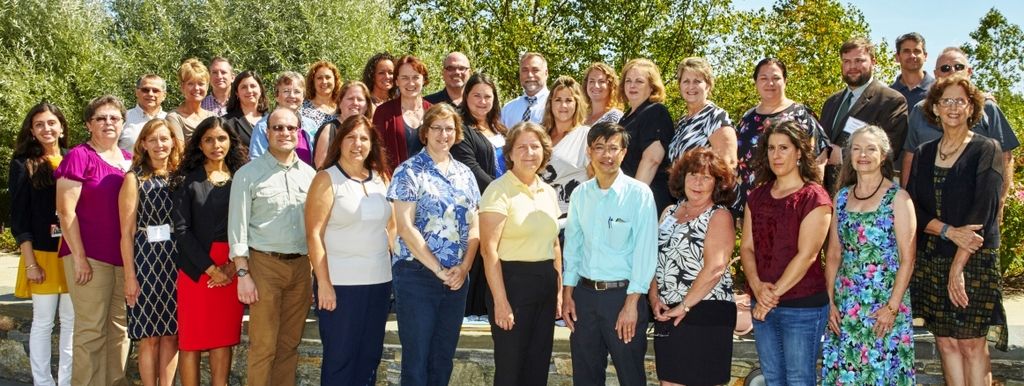Management Course for 2015 concludes
Managing Effectively in Today’s Public Health Environment
Local boards of health (LBOH) and health departments in Massachusetts are responsible for providing ten essential public health services in their communities. To ensure consistency across LBOH a sub-committee of the Institute developed a competency model and set of competencies for 17 common program areas (i.e., food protection, wastewater, housing, disease surveillance and investigation, vaccine management) and ten cross-cutting areas (i.e., communication, leadership, management). View the 2010 Final Report
After a successful pilot delivery in 2013, with participants from Connecticut, Massachusetts, and Rhode Island, the New England Public Health Training Center (NEPHTC) offered the course again in 2015.
In 2015, NEPHTC partnered with:
- Massachusetts Environmental Health Association
- Massachusetts Health Officer’s Association
- University of New England, the NEPHTC Local Performance Site for Maine
The course is now complete and we offer congratulations to all of the students and our thanks to instructors, mentors and guest speaker Massachusetts Department of Public Health Commissioner Dr. Monica Bharel.
Access the Session recordings (password protected)
For information, contact Jen Tsoi at jtsoi@bu.edu
